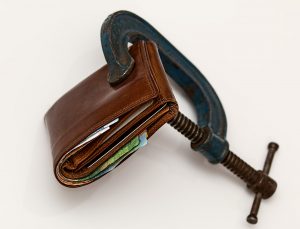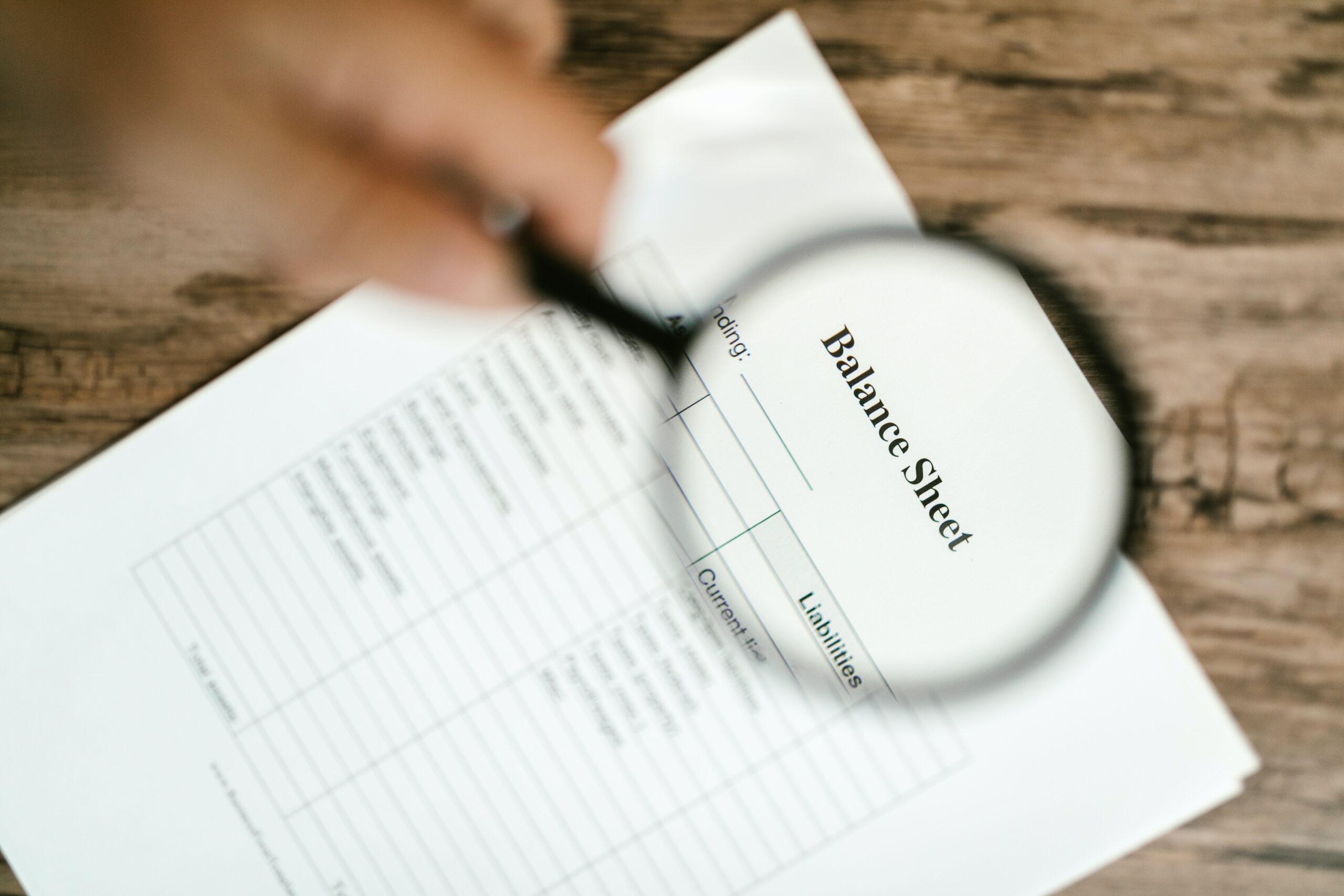
We’ve all heard of urban legends, those harmless tales that circulate full of misinformation and imagination and which have no link to fact when they are investigated.
These are the tales of weird species of super-creatures or scientific experiments that went horribly wrong or even folklore about how love happens.
But when these myths make their way into your tax planning, you can find yourself in serious trouble if you are audited, and end up owing thousands in back taxes and fines.
Here are the three most prominent tax legends that just won’t go away, and are responsible for more than half of the issues people end up having with the CRA.
1. Myth: You don’t have to collect and pay GST or HST as long as you don’t make more than $30,000 a year.
Fact: Clients consistently interpret this as a 12-month calendar year. It is not; it means any consecutive 12 months period. It can roll from one year to the next, for example. So it could be from September, 2016 to August, 2017, for example. It is true that you do not have to register for a GST or HST number until your income exceeds $30,000 in a 12-month period, but that 12-month period is not necessary a calendar year.
2. Myth: If you are self-employed, you can claim all the meals you eat away from home if you are working on a particular day.
Fact: The truth of this legend is that you cannot claim all those meals; you need to start packing lunches. Generally, there is only one kind of meal that you can claim, and that is a meal that included a meeting with a client. In that case, keep your dated receipt and write right on it the name and contact of the client you were meeting, and better yet, even the subject of the meeting.
You cannot trust your memory forever, and if asked and you come up blank, it may be disallowed. As for your other meals, you cannot leave the house early and claim your pick-up breakfast as you head out of town, you can’t claim your lunch and you are expected to be home for supper. If you are a long-haul trucker, there are meal rates you can claim if you can’t be home for supper. It is no different than if you were putting in long days at your office.
3. Myth: Income that comes your way as cash or without a T-4 slip is “bonus” money that doesn’t have to be declared.
Fact: If you are self-employed, it is not the responsibility of those who hire you to ensure that you get T-4 slips.
It is your responsibility to keep track of your earnings, to report them, and to pay taxes on them. While the underground economy is as much a Canadian tradition as hot coffee on every corner, it will still burn you if you get caught. The way that happens is that the company or person who pays you is audited, the expense is recorded, and a cross-check is made to see if you declared it.
We all know people who survive by sliding a few bucks into their pocket for general labor here and there, and the undeclared tips paid in cash. This is difficult to police, but it is being watched, and if you are caught with undeclared earnings, you can face charges and fines.
It is not worth hiding the income in the long run. In most cases, the self-employed laborer would be better off setting up their little company and claiming all basic expenses like a home office, supplies, etc. and not taking the risk.
Certified professional bookkeeper and certified tax specialist Elena Ivanova is managing director of Piligrim Accounting Inc., a national accounting and tax preparation service based in Richmond Hill, Ont. You can reach her at elena@piligrim-accounting.com.



